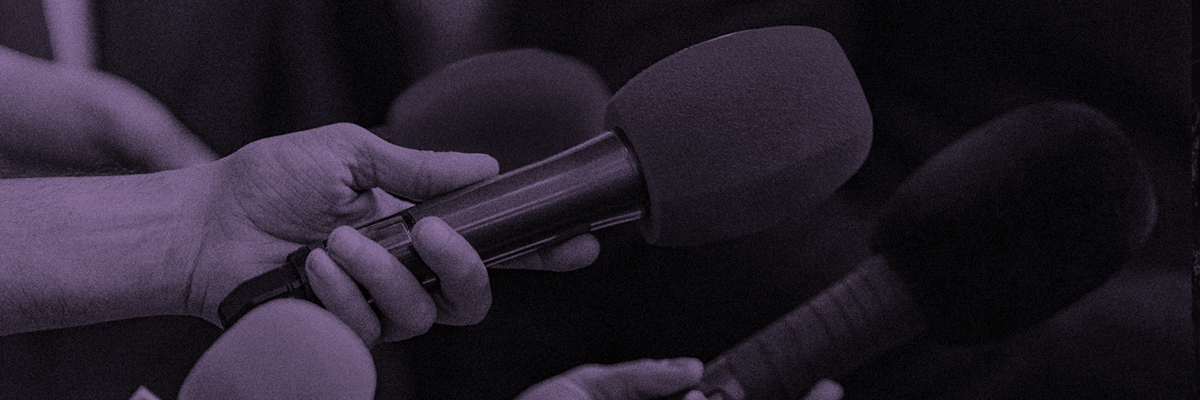Electrical safety for Scottish tenants
The ESC has joined forces with a number of other charities and organisations to promote better electrical safety in the Scottish private rented sector.
Senior business leaders and charities across Scotland have spoken about the condition of rental homes in Scotland.
In an open letter to Margaret Burgess MSP, Minister for Housing and Welfare, 13 organisations - led by the Electrical Safety Council (ESC) and including Shelter Scotland, the Scottish Association of Landlords, Citizens Advice Scotland, NUS Scotland and Crisis - said that more must be done to address the poor conditions and safety hazards experienced by private renters.
The size of the private rented sector (PRS) in Scotland has doubled in just 10 years, with some parts of the country seeing even larger increases. Glasgow City Council, for example, estimates that the PRS accounts for 19% of all homes1 - but such growth has raised serious issues about the safety of the sector.
Conditions and disrepair in the PRS are worse than in any other part of the Scottish housing sector (in 2011, 65% failed to meet the Scottish Housing Quality Standard2, leading the Electrical Safety Council (ESC) to write an open letter to the Minister.
The letter urges a series of improvements to electrical safety within the PRS and has been sent ahead of the SNP autumn conference and the new Housing Bill, which is expected next month.
Government data shows that Scottish homes are at a disproportionate risk of electrical fires compared to the rest of Great Britain, with almost 70% of domestic fires in Scotland caused by electricity3. Independent research also indicates that PRS tenants are more endangered than those in other housing sectors. A GB-wide survey suggested that people renting privately are at greater risk of experiencing electric shock than homeowners4; and other evidence suggests they are at greater risk of fires.5
The ESC has called for mandatory, five yearly checks, by a registered electrician, of both the electrical installation in a property and any electrical appliances supplied with it. It has also lobbied for RCD protection in all properties, as RCDs (or Residual Current Devices) are lifesavers – helping to prevent severe and fatal electric shock, as well as some fires.
The ESC believes such basic requirements could significantly reduce fires and injuries in Scottish homes – particularly in the rapidly expanding PRS.
It is a view that is echoed by Bob Doris MSP:
“I firmly believe five yearly electrical checks in the private rented sector can enhance tenant safety; and the ESC has worked constructively with stakeholders in the sector to gain their support for this measure. I hope to meet with the Housing Minister -Margaret Burgess MSP - to see if the forthcoming Housing Bill can be used to place such regular checks on a statutory footing.”
Phil Buckle, Director General of the ESC adds:
“We believe the PRS can be improved without placing an unnecessary regulatory burden on landlords and that incorporating electrical safety should be a core part of any new requirements.”
- ENDS -
Sources:
1 :http//www.glasgow.gov.uk/CHttpHandler.ashx?id=14215&p=0
2 Scottish House Condition Survey 2011
3 Analysis by the Scottish Government of Fire Datasets: DCLG and Scotland for 2010-11
4 Research conducted by Ipsos MORI. 25th June-2nd July 2010.
5 Data derived from CLG Fire Kills Campaign 2008.
For more information please contact Angela Murphy on 020 3463 5127 or at angela.murphy@electricalsafetyfirst.org.uk
